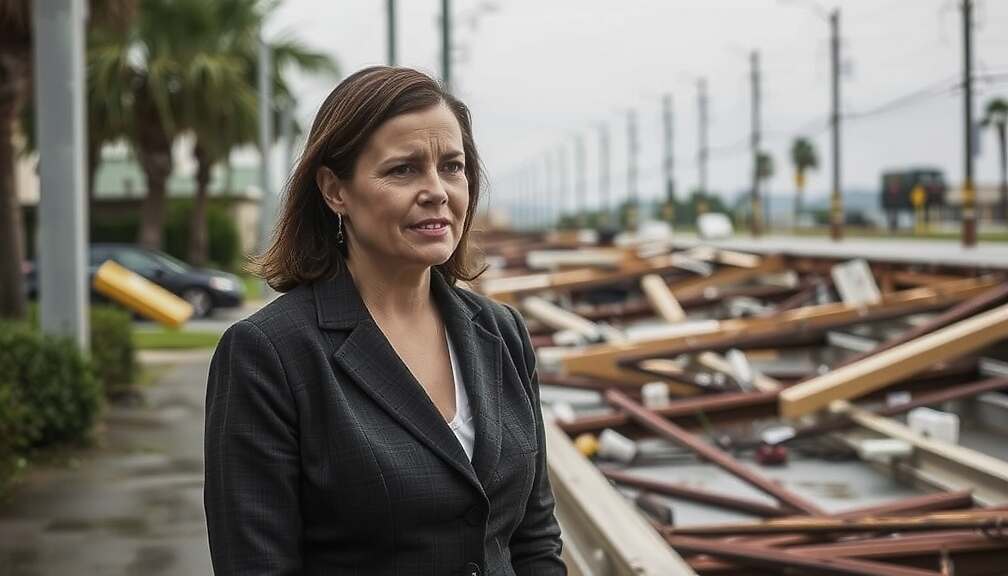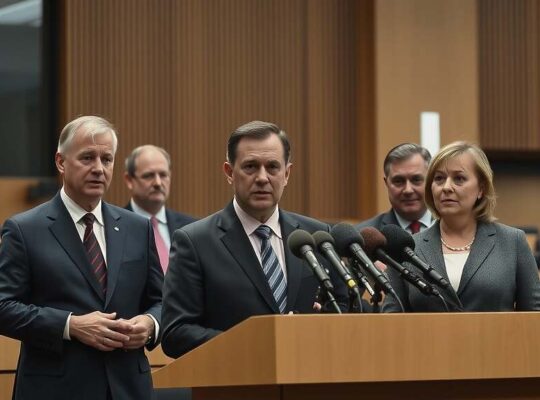Germany’s disaster preparedness is critically lacking, according to a stark assessment delivered by Gerda Hasselfeldt, President of the German Red Cross (DRK). In an interview with the “Augsburger Allgemeine”, Hasselfeldt expressed deep concern that the nation is inadequately prepared for large-scale catastrophic events, highlighting deficiencies extending beyond logistical infrastructure and encompassing the resilience of the population itself.
While acknowledging the vital role of the numerous trained volunteers within the DRK, Hasselfeldt emphasized the urgent need for a broader, more accessible qualification program for the general public in basic first aid and caregiving. The current system fails to equip ordinary citizens with the essential skills necessary to respond effectively in emergency situations.
“We need to move beyond solely relying on trained professionals” Hasselfeldt stated. As a concrete proposal, she suggested mandating bi-annual, two-hour training sessions in cardiopulmonary resuscitation (CPR) beginning in 7th grade. “Such intervention can be life-saving. Knowing how to respond to cardiac arrest, where permanent damage swiftly occurs without resuscitation, is a fundamental life skill”. She pointed to the successful integration of similar courses within the curricula of numerous other countries, a stark contrast to the current situation in Germany.
Beyond training, Hasselfeldt also urged citizens to proactively build personal emergency preparedness kits. These kits should include a three-day, ideally two-week, supply of essential resources such as drinking water, non-perishable food, hygiene products and prescribed medication. She further recommended ownership of items like hand-crank lamps and radios. The DRK’s call represents a shift in perspective, moving beyond viewing disaster response as the sole responsibility of emergency services and placing emphasis on individual and communal preparedness.
The DRK’s critique arrives at a time of increasing geopolitical instability and the intensifying effects of climate change, raising questions about the government’s commitment to bolstering national resilience and equipping its citizens with the skills necessary to navigate increasingly complex and potentially devastating crises. The assessment implicitly challenges the prioritization of other pressing political and economic concerns over the enhancement of vital disaster preparedness measures, demanding a re-evaluation of national security strategies.












